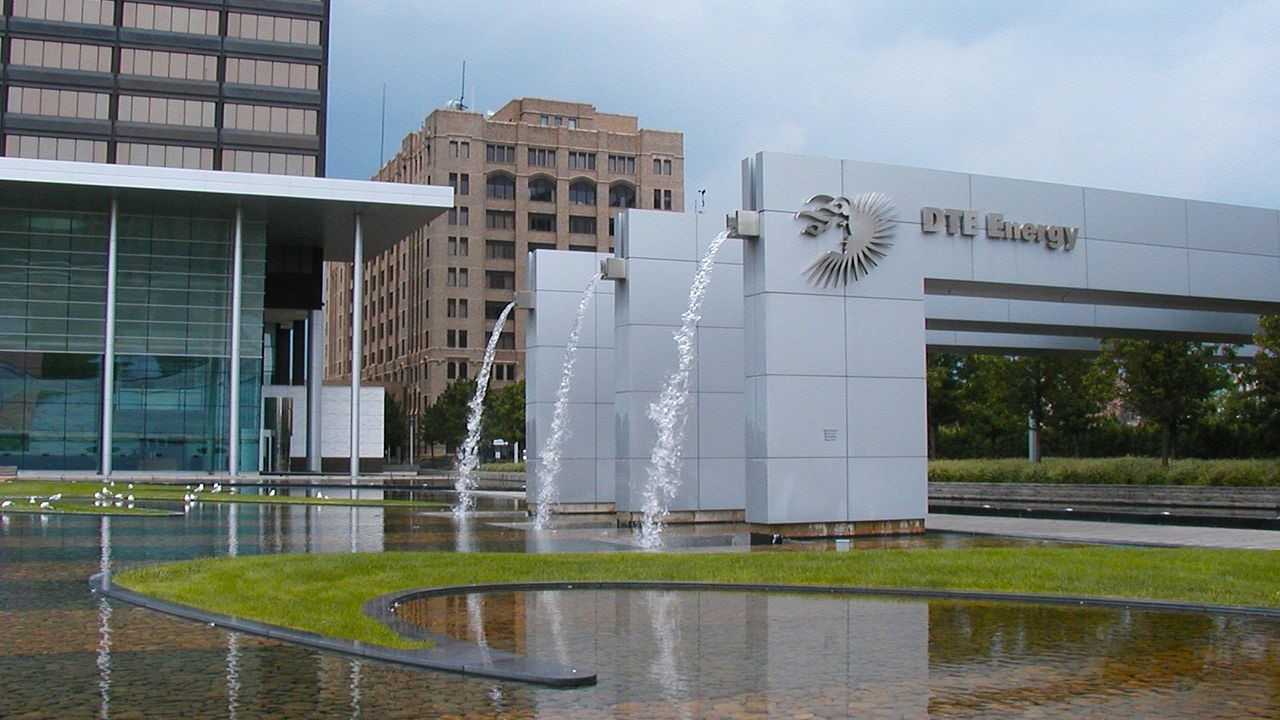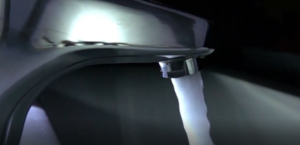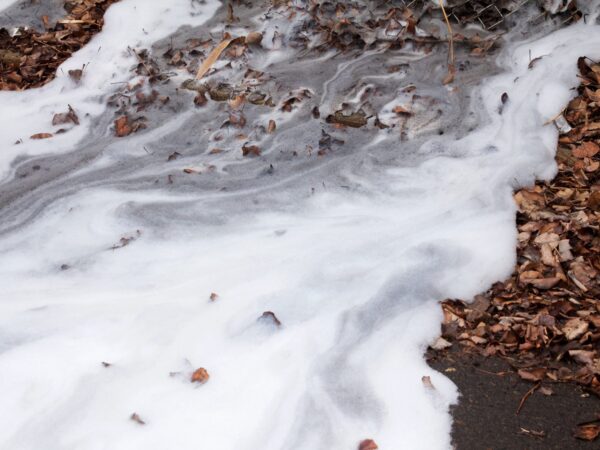
Keep up with energy-related developments in the Great Lakes area with Great Lakes Now’s biweekly headline roundup.
In this edition: Nuclear power plant on Ohio’s Lake Erie coastline resumes service following maintenance, Minnesota and Wisconsin frac sand mining industry is tanking, new safety regulations in Minnesota may constrain residential solar power industry, Consumers Energy and DTE suspend disconnections, energy efficiency businesses face uncertainty, and Wisconsin investigates impact of COVID-19 on utilities.
Click on the headline to read the full story:
Michigan
- Michigan energy utilities suspending disconnections, offering flexible payment during pandemic – ClickOnDetroit
Michigan’s two largest energy utility monopolies, Consumers Energy and DTE, announced they will be instituting a moratorium on service disconnections starting March 27. The companies are also extending payment plans for low-income residents, seniors and those affected by illness or job losses due to COVID-19.
Minnesota, Wisconsin
Frac sand mining, a form of shale oil extraction that blasts sand, water and chemicals into shale rock to shake loose the oil and keep the cracks open, has been taking a nosedive in Wisconsin and Minnesota. With Russia and Saudi Arabia flooding the crude oil market, the coronavirus pandemic and other frac sand operations reducing their consumption of Midwest sands, the frac sand industry in the two Great Lakes states has been heavily hammered. Frac sand mining has also contributed to wetlands and groundwater pollution in both Wisconsin and Minnesota.
- Minnesota building safety codes could hamstring residential solar panel installation – Energy News Network
Minnesota introduced new safety regulations on Monday, March 31, which renewable energy industry groups say will reduce residential solar panel installations by at least 20 percent. Industry officials fear that the new rules will make it too much of an economic risk to install solar panels on individual homes, hampering an industry that is already hard-hit by the coronavirus pandemic.
The investigation is in response to an order issued by Gov. Tony Evers in response to a request by Public Service Commission Chair Rebecca Cameron Valcq that allows regulators to order utilities to waive late fees and refrain from non-emergency power shutoffs, among other measures.
Ohio
The Davis-Besse nuclear plant, located in Ohio’s Ottawa County on the coast of Lake Erie, resumed operations Friday, March 27, following a scheduled month-long outage for refueling and maintenance purposes. Owned by Energy Harbor Corp., previously FirstEnergy Solutions before undergoing bankruptcy, the 908-megawatt plant was operating at 30 percent capacity on Friday as it slowly came back online. Chief nuclear officer David Hamilton said the plant will be able to perform at peak efficiency until its next maintenance shut off in 2022.
National
- Efficiency businesses consider an uncertain future with COVID-19 – Energy News Network
Non-essential work has been ordered to stop in many places, unless employees can work from home. In some cases, contracting work is allowed as long as workers can maintain appropriate social distance. This puts efficiency contractors in a challenging position: Their work isn’t deemed “essential,” and much of it takes place in those now-crowded homes — whether it’s an energy audit, weatherization or installing a new heating and cooling system.
Featured Image: DTE Headquarters Campus Urban Oasis Gardens, Photo by Jay8g via wikimedia.org cc 2.0
Keep up to date with Great Lakes Now’s COVID-19 coverage:







